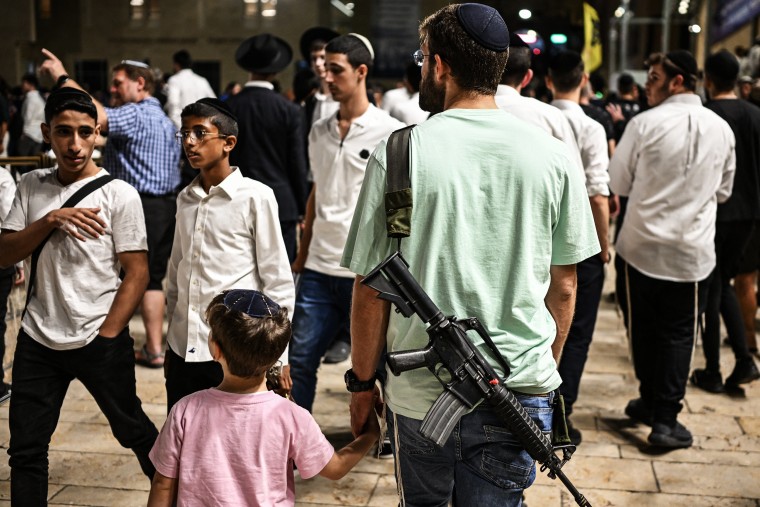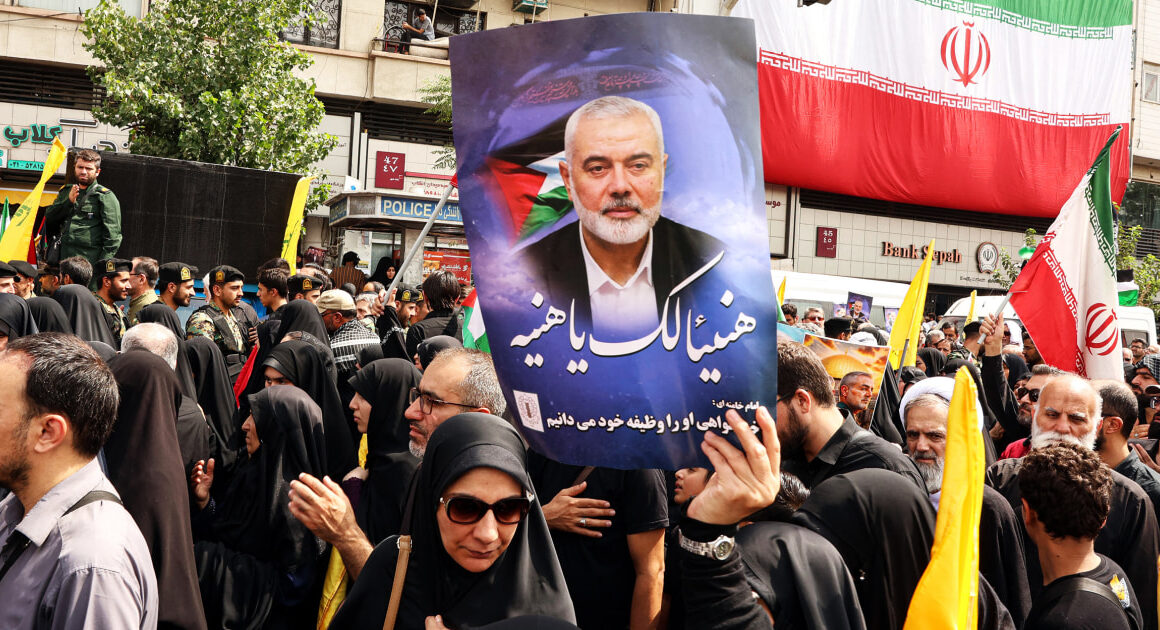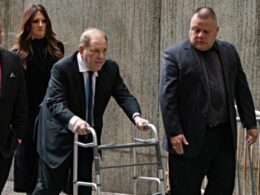Iran has rejected calls to refrain from retaliatory attacks against Israel over the assassination of Hamas political leader Ismail Haniyeh, as the United States and its allies seek to avert a wider conflict in the Middle East.
“Iran is determined to defend its national security,” foreign ministry spokesman Nasser Kanaani said Tuesday as he dismissed Western urging for the Islamic Republic to avoid escalating tensions in the region.
Accusing Israel of having violated Iran’s “sovereignty and territorial integrity” by killing Haniyeh in Tehran, Kanaani said in a statement shared on Telegram that calls for Iran to de-escalate “lack political logic” and “amount to open and practical support for the source of international crimes and terrorism in the region.”
His comments came after the U.S. and a number of European countries — the United Kingdom, France, Germany and Italy — issued a joint statement urging Iran and its allies to “stand down its ongoing threats of a military attack against Israel” amid mounting fears that a direct attack could be imminent.
The U.S. has dispatched a guided missile submarine to the Middle East and sought to expedite the arrival of an aircraft carrier strike group as part of Washington’s commitment to help defend Israel from possible retaliation.
The White House said Monday that it shared Israeli concerns an attack could come this week.

“We have to be prepared for what could be a significant set of attacks. Which is why, again, we have increased our force posture and capabilities in the region,” National Security Council spokesperson John Kirby told reporters.
Haniyeh was assassinated at a residence in Tehran last month after attending the inauguration ceremony for Iranian President Masoud Pezeshkian. Both Iran and Hamas have blamed Israel for the killing.
While Israel, which typically remains silent on targeted assassinations, has not commented on the matter, it is widely believed to have carried out the attack.
Fears have also grown that Iran-backed Lebanese militant group Hezbollah will seek retaliation for the killing of senior commander Fuad Shukr in Beirut hours before Haniyeh’s assassination, fueling concerns of an all-out war that would derail a possible cease-fire deal to bring fighting in Gaza to an end and secure the release of hostages held by Hamas.
The U.K, France and Germany also warned in a joint statement Monday that Iran and its proxies would “bear responsibility for actions that jeopardise the opportunity for peace and stability” in the Middle East, sparking outrage among Iranian officials.
Dismissing the warning as “shameless,” Kanaani questioned why the three countries did not issue any condemnation of Israel’s actions in the region.
Israel Defense Forces spokesman Rear Adm. Daniel Hagari said on Monday night that Israel was “following Hezbollah and Iran and ready.”
Meanwhile, a growing number of countries have asked airlines to avoid airspace in the region, while some have also urged their citizens to leave parts of the Middle East.
,








